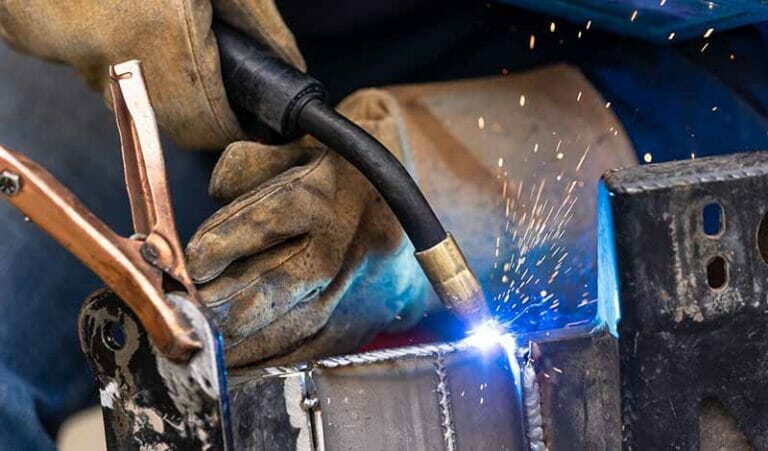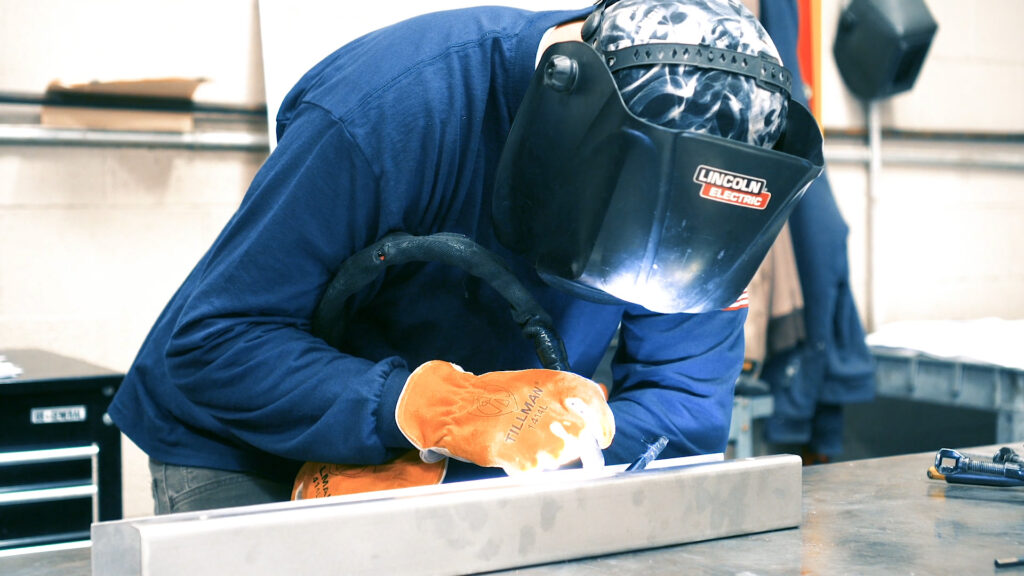When it comes to industrial repair work, having the right welding method makes all the difference. One tool that stands out in Georgia’s industrial maintenance industry is the flux cored welder.
This type of welder makes tough jobs easier, especially when working outdoors or on heavy equipment. Its speed, strength, and reliability make it a must-have for any serious maintenance team.
Whether you’re repairing machinery or building strong joints, flux core welding is built to handle the pressure. From small projects to large plant operations, this tool helps workers get the job done right the first time.
In Georgia, many industrial maintenance professionals count on flux core welding because it works in conditions where other welding methods might fail. Wind, dust, or rust won’t stop this process. That’s because the flux inside the wire helps protect the weld pool from outside air and moisture.
Crews across the state use it to repair equipment, build structures, and improve facility safety. It doesn’t need external shielding gas, which makes it a faster and more cost-effective choice. For outdoor welding and field repairs, it’s one of the best methods available.
Flux core welding is a popular and reliable method used by industrial workers in Georgia. This advanced welding technique allows workers to complete their tasks with efficiency and accuracy, reducing the need for rework or repairs.
One of the main reasons why Georgia industrial crews rely on flux core welding is its ability to withstand harsh conditions. In many industrial environments, wind, dust, and rust are common challenges that can hinder the performance of traditional welding methods.
A flux-cored welder uses a spool of special wire called a flux-cored electrode. This wire feeds into the machine and melts during the arc welding process, creating a strong bond between two pieces of metal. The melted flux releases gases that protect the weld from damage.
This built-in shielding makes it ideal for quick setups in remote or open-air job sites. It’s especially helpful in Georgia’s changing weather. Whether in a plant or out in the field, these welding machines offer reliable performance when you need it most.
Flux-cored arc welding (FCAW) is one of the fastest and most efficient welding techniques available. It allows Georgia’s welders to lay down more metal in less time, which is important when speed matters. It also works well on dirty, painted, or rusted surfaces.
FCAW is known for its deep penetration and strong welds. That makes it perfect for large repairs and structural jobs. In industries where time and durability count, this arc welding process helps crews deliver strong, lasting results.

The flux core inside the wire creates gas as it burns, forming a protective cloud around the weld pool. This keeps harmful elements like moisture and dirt from getting into the hot metal and causing weak spots.
That layer of protection also comes with a layer of slag that covers the weld. While it needs to be chipped away after the job is done, it acts like a shield while the weld cools. This process creates safer, cleaner, and more solid weld joints.
The flux-cored electrode is the star of this welding method. It contains both the filler metal and the protective flux that keeps the weld clean. Because of this, welders can work faster and more efficiently without needing extra equipment.
This is especially useful in industrial settings across Georgia, where speed and strength are top priorities. The wire electrode delivers smooth, steady performance. With fewer stops and starts, it helps finish more work in less time.
One of the biggest advantages of flux core welding is that it often doesn’t require external shielding gas. This makes it perfect for working outside or in places where bringing gas tanks isn’t safe or practical.
It also simplifies the setup. Georgia welders can show up, plug in their machines, and get to work right away. That’s a huge benefit for teams trying to meet tight deadlines or fix emergency problems fast.

Dual shield welding is a version of flux core welding that adds external shielding gas to the mix. This method offers extra protection and cleaner welds. It’s often used in critical projects where strength and appearance both matter.
In Georgia’s industrial maintenance field, dual shield welding is common for building support structures or pressure-bearing equipment. The combination of flux cored electrode and shielding gas gives better control over the weld. It’s a flexible, high-quality choice for tough jobs.
Georgia is known for its strong industrial sector, with many companies relying on welding techniques to build and maintain their equipment. choice for critical projects.
Not all welding machines are the same. To handle flux core welding, you need one with the right power settings and wire feed speed. These features help the welder create smooth, strong welds across different metal thicknesses.
In Georgia, maintenance crews invest in reliable machines that work in all conditions. Whether indoors or outside, good equipment makes every weld better and every job safer. It also helps reduce mistakes and save on material costs.
Many older welding techniques use stick electrodes, which are solid rods coated with flux. While these still work well, flux core offers several benefits. It’s easier to learn, works faster, and creates less mess.
For Georgia’s newer generation of welders, flux cored methods are becoming the top choice. They’re better for large-scale repairs, and they help weld thicker metal with fewer passes. That means stronger welds and shorter job times.

Some welding methods use carbon dioxide as a shield welding gas. It’s an affordable, effective option when paired with dual shield flux core welding. The gas helps keep the weld clean while improving penetration into the base metal.
In Georgia shops and job sites, CO₂ is often chosen for its cost and power. It’s ideal for production work where quality and speed are both essential. When used correctly, it boosts performance without raising costs too much.
At PEC, we know how important strong welds are for keeping your business running. That’s why our expert team uses flux-cored welders, filler metal, and modern arc welding processes for every job. We help repair and build equipment that lasts.
Whether you need fast repairs, new builds, or complete industrial maintenance, PEC delivers results that matter. We handle tough jobs in every setting with tools like flux-cored arc welding (FCAW) and dual shield systems.
Contact PEC today to learn how we can help your team protect the weld pool, cut downtime, and build stronger operations across Georgia.